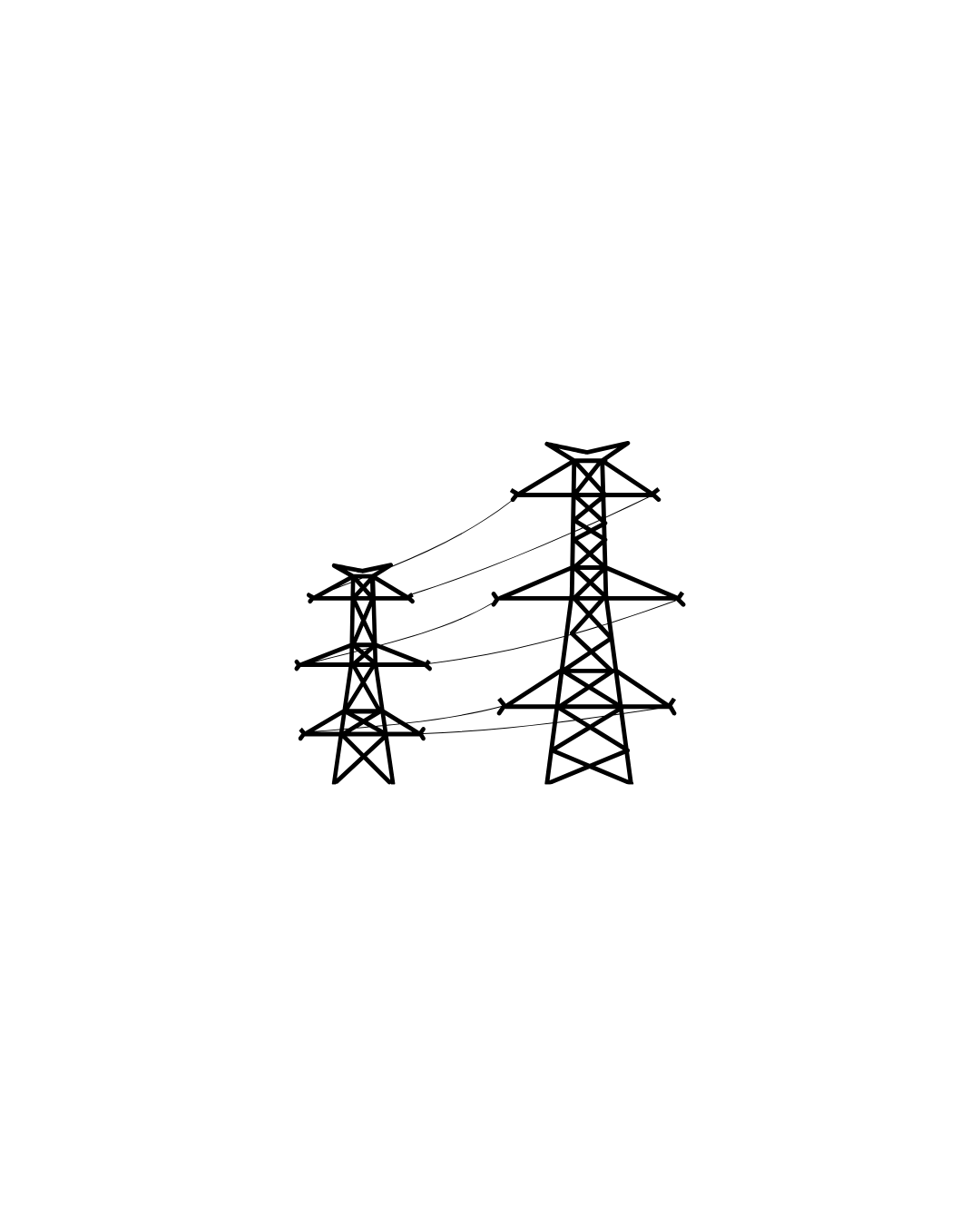Description
A Bachelor of Technology in Electrical Engineering (B.Tech in Electrical Engineering) is an undergraduate degree that focuses on the study of electrical systems, electronics, and electromagnetism. This program equips students with the knowledge and skills required to design, develop, and manage electrical devices and systems that are fundamental to various industries, ranging from power generation to automation and telecommunications.
Curriculum Overview
The curriculum for a B.Tech in Electrical Engineering typically consists of core engineering courses, specialized subjects, and practical laboratory work. Here are some common subjects and areas of study in this program:
Engineering Mathematics:
Advanced mathematical concepts including calculus, differential equations, complex variables, and linear algebra essential for engineering analysis.
Circuit Theory:
Study of electrical circuits, components, and their behavior, including Ohm?s law, Kirchhoff?s laws, and circuit analysis techniques.
Electromagnetic Fields:
Understanding electric and magnetic fields, their interactions, and electromagnetic principles used in devices such as antennas and motors.
Electronics:
Principles of electronic devices, including diodes, transistors, and operational amplifiers, and their applications in circuits.
Digital Electronics:
Concepts of digital systems, including binary numbers, logic gates, flip-flops, and combinational and sequential circuits.
Control Systems:
Analysis and design of control systems, including feedback mechanisms and stability analysis for maintaining desired performance in systems.
Power Systems:
Study of generation, transmission, distribution of electrical power, and the design of power system components like transformers and generators.
Electrical Machines:
Exploration of various types of electrical machines such as motors and generators, and their principles of operation and applications.
Signal Processing:
Introduction to techniques for analyzing and manipulating signals such as filters, transformations, and spectral analysis.
Power Electronics:
Study of electronic circuits used to control and convert electrical power, including rectifiers, inverters, and converters.
Renewable Energy Systems:
Overview of sustainable energy sources, including solar, wind, and bioenergy technologies, emphasizing their integration into power systems.
Microcontrollers and Embedded Systems:
Design and application of microcontrollers in automation, robotics, and control applications, including programming and interfacing.
Project Work/Internship:
Hands-on experience through projects or internships that apply theoretical knowledge to real-world situations in the electrical engineering field.
Career Opportunities
Graduates with a B.Tech in Electrical Engineering have a wide range of career opportunities across various industries, including power generation, manufacturing, telecommunications, and IT. Some potential job roles include:
Electrical Engineer: Designing, developing, and testing electrical systems and components for various applications.
Electronics Engineer: Focused on the design and development of electronic circuits and devices for consumer electronics and industrial equipment.
Control Systems Engineer: Specializing in the design and implementation of control systems used in automation and manufacturing processes.
Power Systems Engineer: Working on the design and management of power generation, distribution systems, and energy management.
Telecommunications Engineer: Involved in the design and maintenance of telecommunications systems, including network infrastructure and devices.
Research and Development Engineer: Engaging in innovative projects to develop new technologies, products, and solutions in electrical and electronic engineering.
Instrumentation Engineer: Focusing on the design and maintenance of instrumentation and control systems used in various industrial processes.
Field Service Engineer: Providing technical support and maintenance for electrical and electronic equipment in the field.
Automation Engineer: Designing, implementing, and optimizing automated systems and robotics in manufacturing and other industries.
Consultant: Advising organizations on electrical engineering projects, system designs, and compliance with regulations.
Further Education
Graduates may opt to pursue a Master?s degree in Electrical Engineering, Power Systems, Electronics, or related fields for specialization and advanced knowledge. Certifications in specific software (such as MATLAB, LabVIEW) or technologies (such as PLC programming) can also enhance career prospects.
If you have any more specific questions about the curriculum, career paths, or other aspects of a Bachelor of Technology in Electrical Engineering, feel free to ask!









